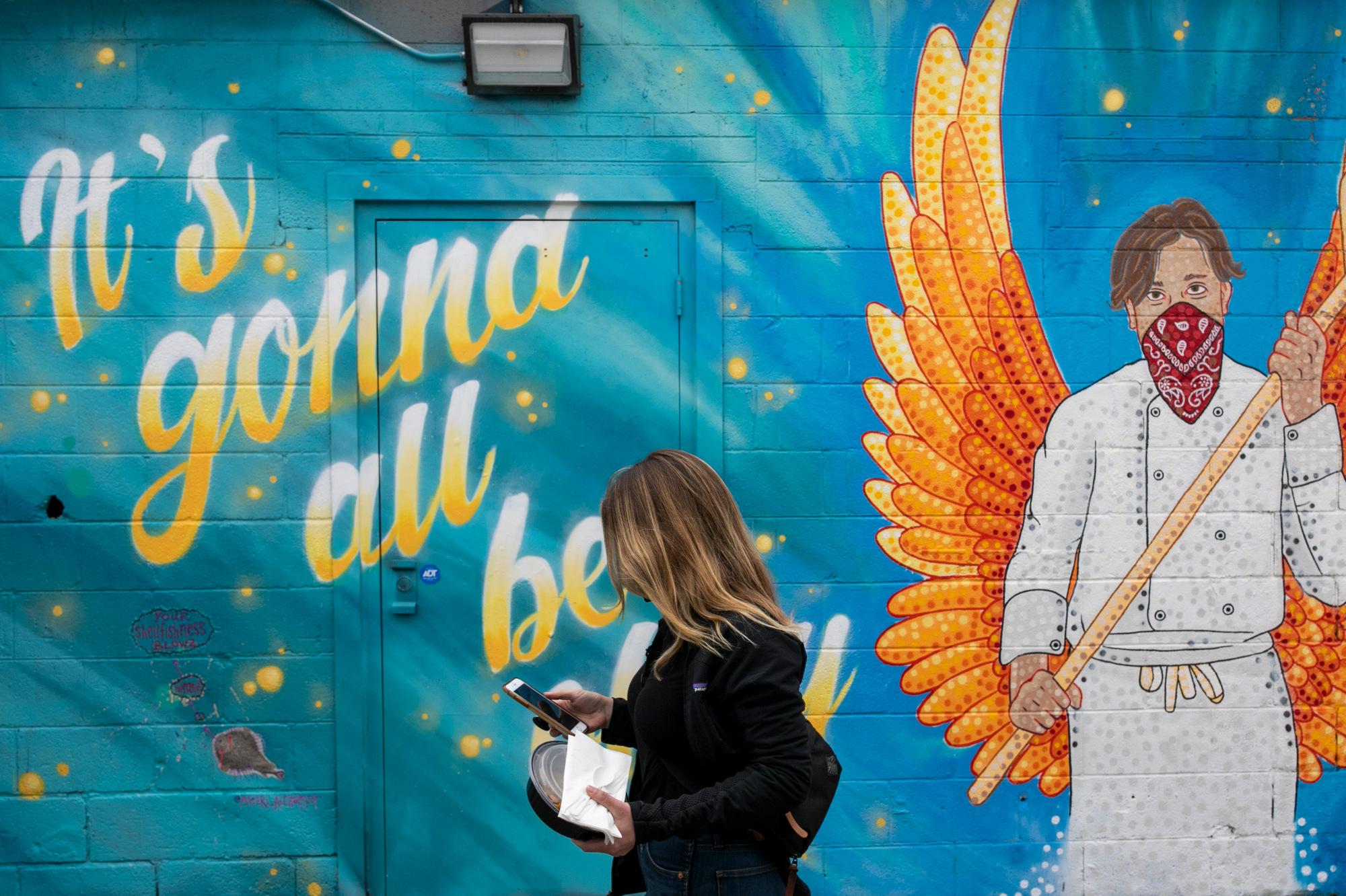
Colorado will spend nearly $4 billion from the latest federal COVID relief package to shore up the state budget, invest in mental and behavioral health, affordable housing, workforce development, and recovery and relief programs that Gov. Jared Polis says will “help Coloradans in need.”
Polis joined state lawmakers and Democratic members of Colorado’s Congressional delegation on the west steps of the Colorado Capitol to unveil the package of ideas on Monday.
But despite the broad outline of policy goals, some of the details are still months away.
“The federal stimulus funds that flow from Colorado offer a once-in-a-generation opportunity to improve our quality of life, invigorate our economy and help our state recover faster and stronger than ever before,” Polis said. “We've been held back for too long and while no amount of state or federal dollars could bring those that we lost back, we know that we can rebuild stronger than ever before.”
With this latest infusion of federal funds, Colorado took a different approach than last spring when the state legislature was not in session and Polis decided himself how to allocate the money, upsetting some counties and lawmakers. This time he and lawmakers in both parties solicited feedback in meetings across Colorado.
State Treasurer Dave Young says those sessions informed Colorado’s spending priorities.
“We listened to citizens and advocates in every corner of the state talk about how we need to recover from the economic downturn and the difficulties that we face.”
Democratic state Sen. Dominick Moreno chairs the legislature’s powerful joint budget committee and said he will sponsor a bill to set up the next steps. Part of the money will be spent in 2021 while the rest will be allocated next year.
“I mean, this is a substantial infusion of dollars for the states, and I think it requires really thoughtful proposals,” Moreno told CPR during an earlier interview. Moreno’s proposal would create committees to meet over the summer and fall to come up with specific pieces of legislation within the broad categories of housing, mental health, workforce development and other areas.
“Much of our recovery will take place right here at the local level and the state level, which is why I, and the other members of our delegation, advocated for as much funding with as much flexibility as possible for our state and local governments,” said Democratic U.S. Congressman Ed Perlmutter, who represents the 7th Congressional District.
Though no Republicans were on hand to announce the package, Democratic House Speaker Alec Garnett said lawmakers in both parties and even non-partisan, non-elected individuals will help craft the policies.
“We really wanted experts and thought leaders regardless of what their party is. I'm sure all major parties will be well-represented,” Garnett said.
Republican state Sen. Bob Rankin, a member of the Budget committee, told CPR earlier that he was advocating for putting more money into transportation.
“That’s what I’m telling members of my caucus,” he said.
Colorado’s finances have faced a roller-coaster year. This time last year lawmakers were agonizing over $3 billion in cuts, prompted by the near-total freeze in the economy. But the economic pain of the pandemic was shorter than expected, and the recovery stronger, so the cuts turned out to be deeper than necessary. With tax revenues flowing into the state, the legislature passed a bipartisan budget that restored many of those deep cuts to education and health care.









